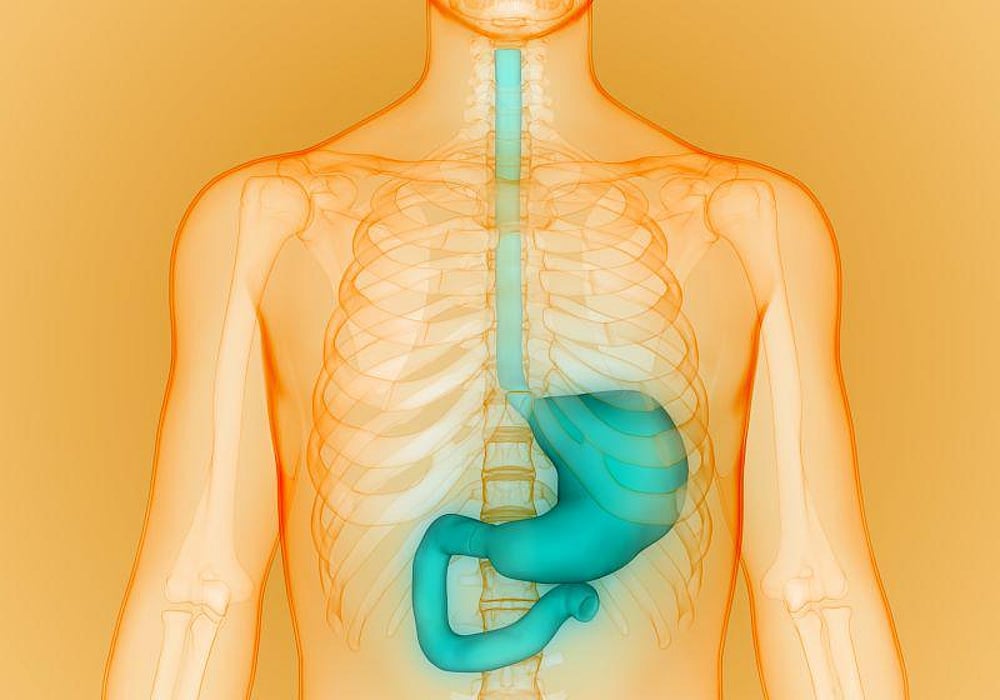Risk for Esophageal Adenocarcinoma Not Increased With Nonerosive GERD

WEDNESDAY, Sept. 20, 2023 (HealthDay News) -- Patients with nonerosive gastroesophageal reflux disease (GERD) do not have an increased risk for esophageal adenocarcinoma compared with the general population, according to a study published online Sept. 13 in The BMJ.
Dag Holmberg, M.D., Ph.D., from Karolinska Institutet in Stockholm, and colleagues conducted a population-based cohort study to examine the incidence rate of esophageal adenocarcinoma among patients with nonerosive GERD versus the general population. A total of 486,556 adults who underwent endoscopy were included: 285,811 were included in the nonerosive GERD cohort and 200,745 were in the validation cohort with erosive GERD.
The researchers found that during 2,081,051 person-years of follow-up, 228 of the patients with nonerosive GERD developed esophageal adenocarcinomas (incidence rate, 11.0/100,000 person-years). The incidence was comparable to that in the general population, and no increase was seen in incidence with longer follow-up. Among those with erosive esophagitis at endoscopy, there were 542 esophageal adenocarcinomas during 1,750,249 person-years (incidence rate, 31.0/100,000 person-years), with an increased overall standardized incidence ratio of 2.36, which became more pronounced with longer follow-up.
"Our study suggests that these repeated gastroscopies are probably unnecessary for people with reflux disease who have a normal esophageal mucosa," Holmberg said in a statement. "These findings should be reassuring for this large patient group and can guide general practitioners who often treat them."
Related Posts
A Probiotic May Equal Antibiotics in Fighting Staph Infection
FRIDAY, Jan. 20, 2023 (HealthDay News) -- A probiotic supplement appears to...
Drug Overdose Deaths Up in Teens Due to Fentanyls
THURSDAY, April 14, 2022 (HealthDay News) -- Overdose death rates among teens...
Kids With ADHD, Behavior Issues Have Poorer Trajectories as Adults
TUESDAY, June 6, 2023 (HealthDay News) -- Kids with poor impulse control — a...
Continued CPAP Use Cuts Risk for Death
FRIDAY, June 17, 2022 (HealthDay News) -- Ongoing use of continuous positive...
